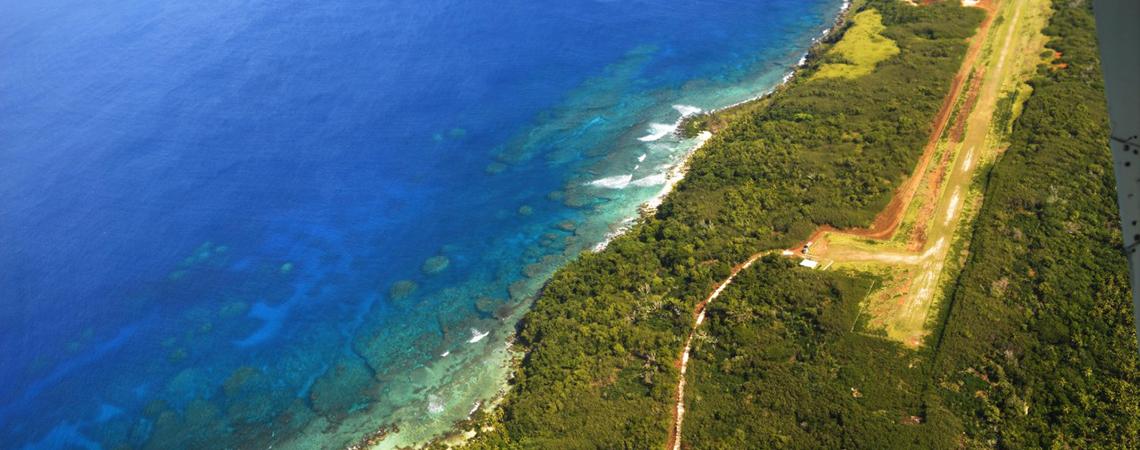- +678 22160
- docc@vanuatu.gov.vu
- Mon - Fri 8:00 - 17:00
View Projects

Vanuatu Coastal Adaptation Project (VCAP)
Like most small island nations, the coastal zone in Vanuatu is the country’s hub of economic activity. Best estimates of long term, systematic changes indicate that by 2050, sea level is likely to have increased by 20 cm. Thus in order to protect its economy it is imperative to enhance the adaptive capacity of the coastal zone in Vanuatu.
This UNDP-supported, GEF-LDCF funded Vanuatu Coastal Adaptation Project (VCAP) (2014-2018) focused on building resilience through improved infrastructure, sustained livelihoods, and increased food production. These efforts worked towards improving the quality of life in targeted vulnerable areas in the coastal zone of the island nation.
The project has four main components with the following associated outcomes:
- Integrated community approaches to climate change adaptation through the formulation and mainstreaming of adaptation plans including risk management, preparedness and response plans (Output 1.1); rehabilitation of threatened coastal ecosystems and resources such as mangroves, coral reefs, and fisheries to support livelihoods and food production (Output 1.2); stabilization of coastal areas through re-vegetation and other ‘soft’ approaches (Output 1.3) and; improved resilience through climate proofing of selected public conveyance infrastructure in the coastal zone .
- Information and early warning systems on coastal hazards including Automated Weather System (AWS) for real time monitoring of climate-related hazards (Output 2.1); timely release of early warnings against coastal flooding and storm surges through public media (Output 2.2); capacity building Vanuatu Meteorological and Geo-hazards Department (VMGD) staff in the operation and maintenance of AWS
- Climate change governance including review of legislation and national/sector policies with impacts on climate change adaptation (Output 3.1); capacity building of key national and provincial government agencies in areas of monitoring, evaluation and mainstreaming of climate-related policies and regulations (Output 3.2) and; empowerment of communities through participatory approaches in vulnerability assessments, planning and community-based adaptation measures and capacity building
- Knowledge management including the documentation and dissemination of best practices to all local and national stakeholders (Output 4.1) and; development of awareness, training and education programmes in Bislama and French
Latest News
Quick Link
Contact Us
Namba 2 Area, PMB 9054, Port Vila Vanuatu
(678) 22160
docc@vanuatu.gov.vu
facebook.com/Department-of-Climate-Change

